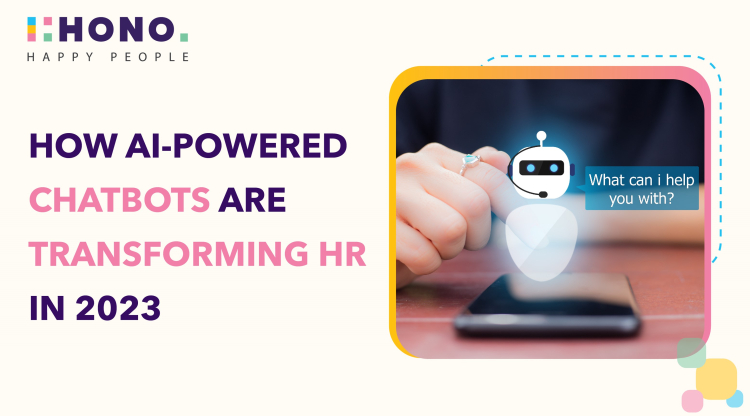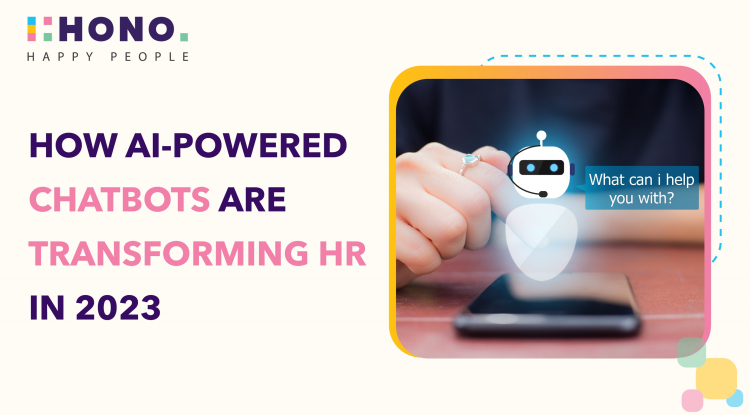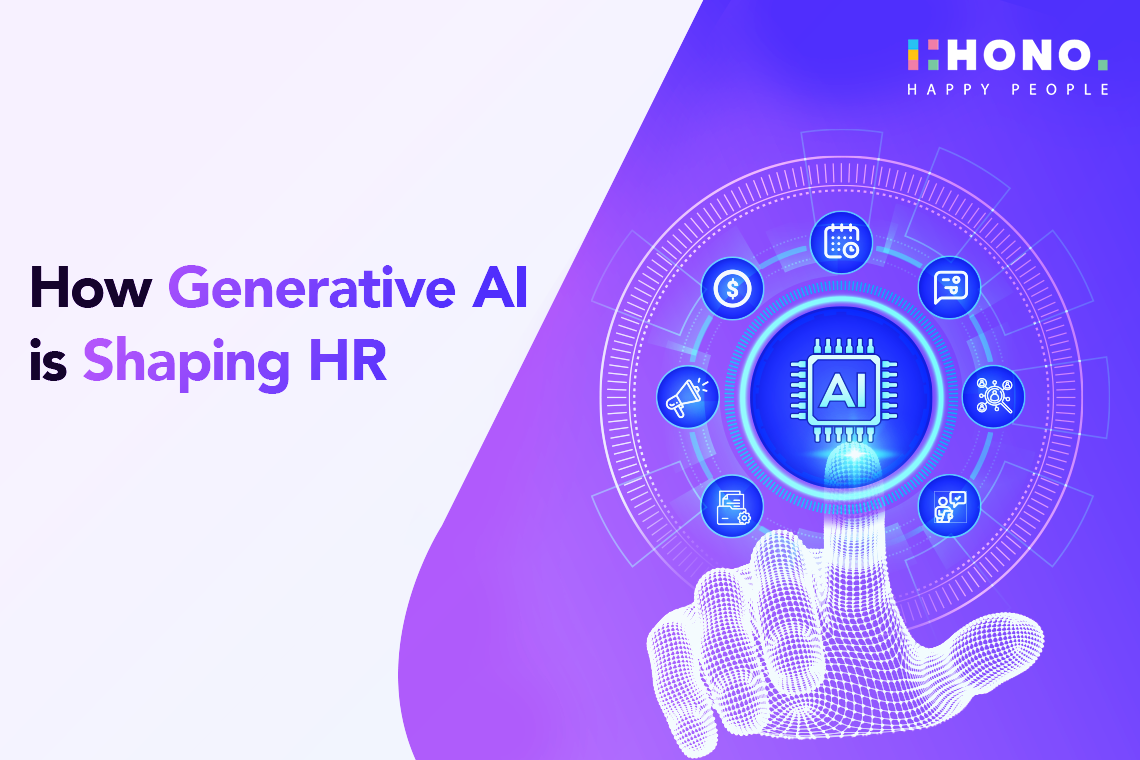- Gen AI
HR professionals play a critical role in shaping company culture and boosting productivity, from recruiting and hiring the appropriate people to managing employee relations. HR departments may use Artificial Intelligence (AI) and Machine Learning (ML) to simplify operations, gather insights, and make data-driven choices now that these technologies are available.
According to Gartner 2022, HR chatbots and virtual customer assistants (VCAs) will be the primary customer service channel for 25% of organizations by 2027.
The interactions between employees (or potential employees) and HR staff can be improved or even replaced by an HR chatbot. HR is well-positioned to benefit from the power of technology to handle administrative tasks, freeing up their time to focus on more strategic opportunities. AI-powered chatbots use cases include candidate competency assessments, interview scheduling, candidate engagement, employee self-service tools, onboarding, employee career planning, candidate sourcing, and initial screenings.

AI-powered chatbots use cases include candidate competency assessments, interview scheduling, candidate engagement, employee self-service tools, onboarding, employee career planning, candidate sourcing, and initial screenings.
Some critical facts about AI chatbots are as follows:
- According to the most recent research on HR tech trends and insights, there has been a 40% increase in AI-Driven Chatbot enquiries.
- According to a Yello Interview Scheduling Survey, recruiters spend around two-third of their total overall time on the interview process.
Role of AI-powered chatbots in revolutionizing HR processes
1. Chatbots for Recruitment
Recruitment is one of the most critical HR functions, and HR chatbots have made it much more efficient. Chatbots can handle the initial screening process, asking questions about skills, experience, and qualifications. The chatbot can then sort the responses and present the HR team with the most qualified candidates. This saves time and effort for the HR team and ensures that only the best candidates are considered.
Also Read: AI-Powered Recruitment: How to Find the Best Candidates Faster and Smarter
2. AI-Chatbots for Onboarding
Employee onboarding can be a tedious process, but chatbots have made it much more streamlined. A chatbot can provide new employees with all the necessary information to get started, including company policies, benefits, and expectations. The chatbot can also answer any new employee's questions, making the onboarding process smoother and more efficient.
Also Read: Employee Onboarding Software: Top 8 Factors to Help You Choose The Right Option
3. AI-powered Chatbots for Efficient Employee Engagement
Employee engagement is crucial for any organization, and chatbots can help improve it significantly. Chatbots for employee engagement can be used to conduct surveys and gather employee feedback, making it easier for HR teams to identify areas of improvement. Chatbots can also inform employees about company events, benefits, and other news, always keeping them informed.
4. Personalized Learning and Development
HR Chatbots can provide employees with personalized learning and development opportunities. The chatbot can evaluate employees' skills and experience and recommend customized training programs to help them improve. This improves the employees' skills and makes them feel valued and invested in by the company.
5. Chatbot for Improved Communication
Effective communication is essential for any organization, and chatbots have made it much easier for HR teams to communicate with employees. Chatbots can be used to send employees reminders, notifications, and updates, ensuring everyone is on the same page. HONO Chatbot can manage everything from attendance tracking to pay slips with a single click. With a "Chat First" approach, it enables end-user transactions via WhatsApp and MS Teams. This reduces the chances of miscommunication and ensures everyone is updated with the latest information.
Must Read: Voice enabled HR Chatbot
6. Reduced HR Costs
One of the most significant advantages of chatbots is that they can significantly reduce HR costs. Chatbots can handle many mundane tasks that HR teams typically perform, such as answering frequently asked questions and scheduling interviews. This saves time and effort for HR teams, allowing them to focus on more critical tasks, such as employee engagement and development.
Also Read: Genie of HR Transactions: The Next Step in HR Automation.
In conclusion, chatbots have transformed the HR landscape in 2023, making it easier for HR teams to communicate with employees, streamline processes, and improve overall efficiency. Chatbots are an essential tool for HR teams, and their use is only expected to increase.
Chatbots have a promising future. Employees prefer quick and accurate responses. That's why HONO has created an AI-powered chatbot that provides quick responses and manages your daily HR tasks with just a click, helping you focus on other important tasks for a better workday.
HONO is an innovative conversational AI-based HCM solution that offers a full suite of HR management tools. With a "Chat First" approach, it enables end-user transactions via WhatsApp and MS Teams. Hono leverages intelligent nudges, predictive analytics, and autonomous actions to help organizations streamline their HR processes. Additionally, the platform provides a single source of truth for all HR-related data, making it easier for businesses to manage their workforce effectively.
Schedule a Demo now to learn more about HONO's conversational Ai-based HCM Solution and how it may help revolutionize your HR System.
Table of Content
Our Latest Resources
Frequently Asked Questions
AI-powered chatbots streamline the recruitment process by handling initial screenings and sorting qualified candidates. AI chatbots are efficient enough to ask relevant questions about skills, experience, and qualifications, saving time and effort for the HR team and ensuring that only the best candidates are considered.
Yes, chatbots play a significant role in improving employee engagement. They can conduct surveys and gather feedback, making it easier for HR teams to identify areas of improvement. Chatbots also keep employees informed about company events, benefits, and news, fostering a sense of connection and engagement.
Chatbots are cost-effective tools for HR teams, as they can handle mundane tasks that would otherwise require HR staff's time and effort. Chatbots can answer frequently asked questions, schedule interviews, and send reminders, allowing HR teams to focus on more critical tasks such as employee engagement and development, ultimately reducing HR costs.

.png?width=50&height=50&name=Team%20HONO%20logo-01%20(1).png)



